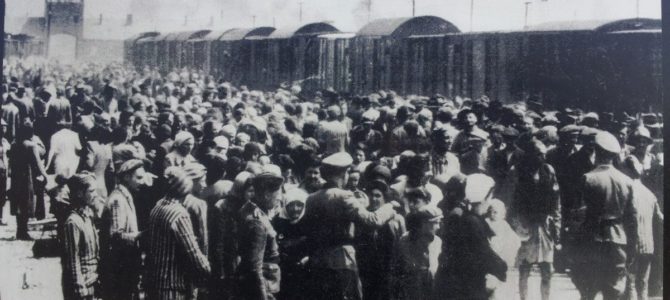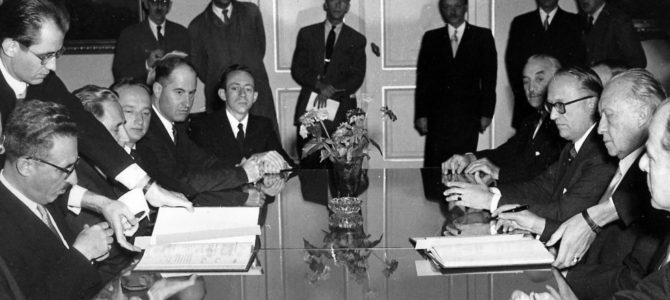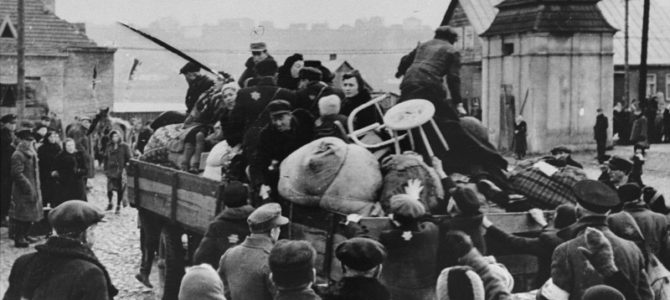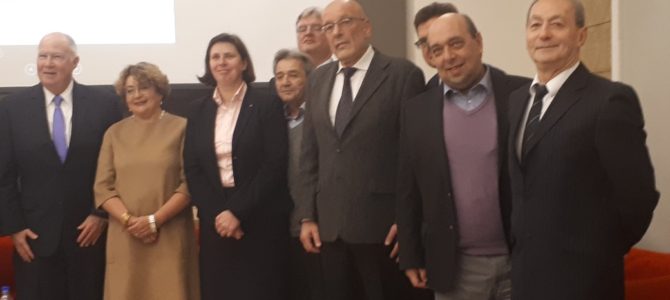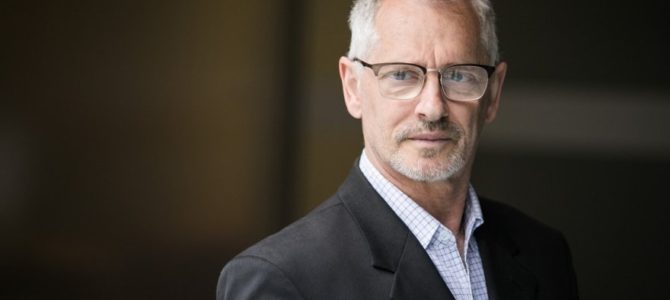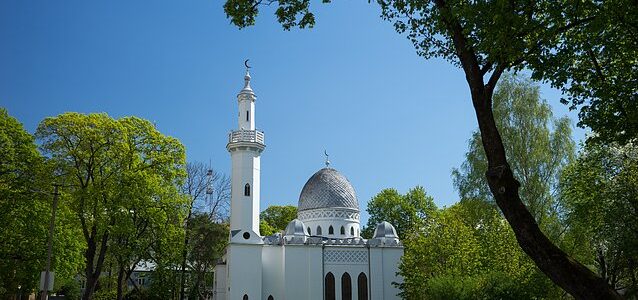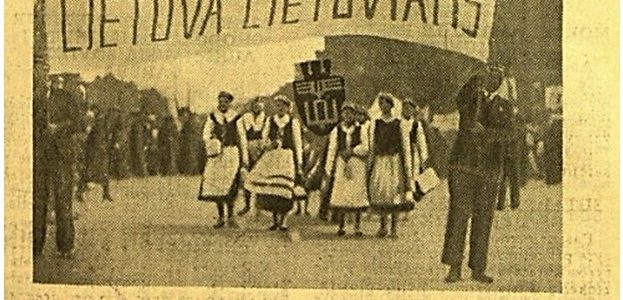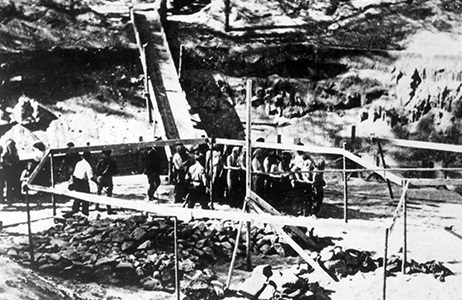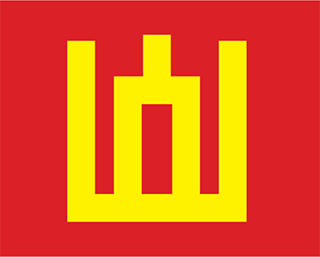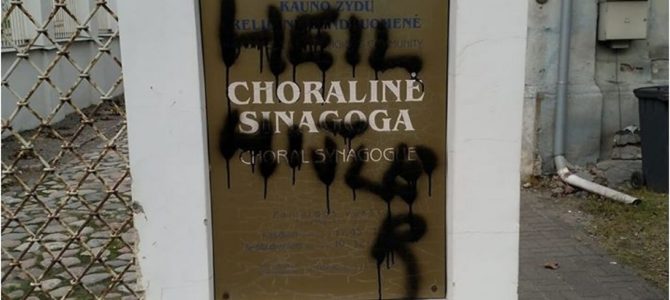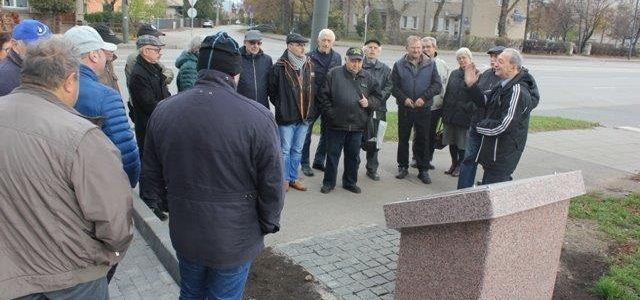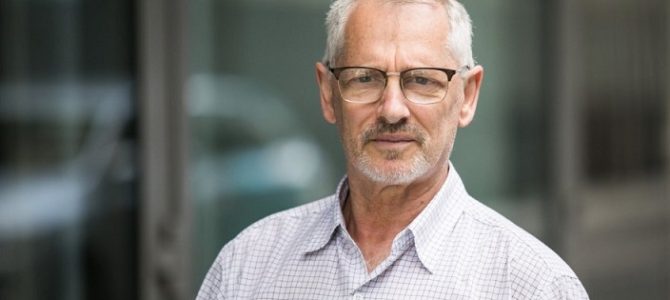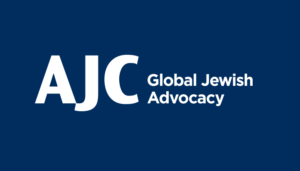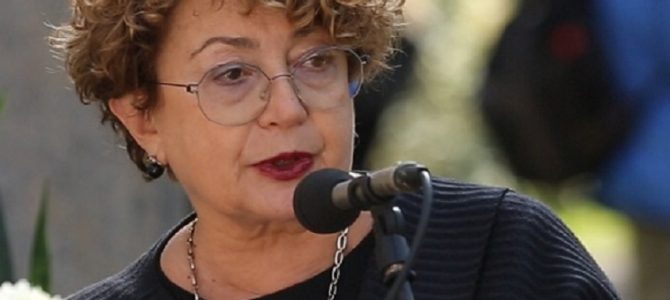by Laura Kešytė

When did filmmakers start working on the topic of the Holocaust? How did they choose to portray it? Is it possible to present the horror of the Holocaust on camera? Cultural historian Violeta Davoliūtė-Opgenorth talks about this.
Violeta Davoliūtė-Opgenorth is a senior academic at the Lithuanian Cultural Research Center and is a visiting professor at the École des hautes études en sciences sociales. In 2015 and 2016 she worked as an academic at Yale’s Whitney and Betty MacMillan Center for International and Area Studies. She defended her dissertation “Testimony: From the Poetics of Place to the Politics of Memory” at University of Toronto.
The development of the topic of the Holocaust in cinema in Western Europe, especially in the 1960s and 70s, is closely connected with the trial of Adolf Eichmann and with Hanna Arendt’s articles about the trial compiled in her book Eichmann in Jerusalem and published in 1963, and with Raul Hilberg’s research, whose book published in 1961 distinguished clearly for the first time the categories of perpetrator, observer, judge and victim.
These sparked politically painful discussions in European countries about who the collaborators, victims and observers were in World War II and what their roles were, their prototypes and how to present them properly. This was directly connected with the cinema because the cinema exerted great influence on these discussions and historical research in general: it offered new perspectives for telling the story of WWII to its audiences. In other words, the cinema didn’t just reflect but actively encouraged a shift in the narratives of history.
Full text in Lithuanian here.


